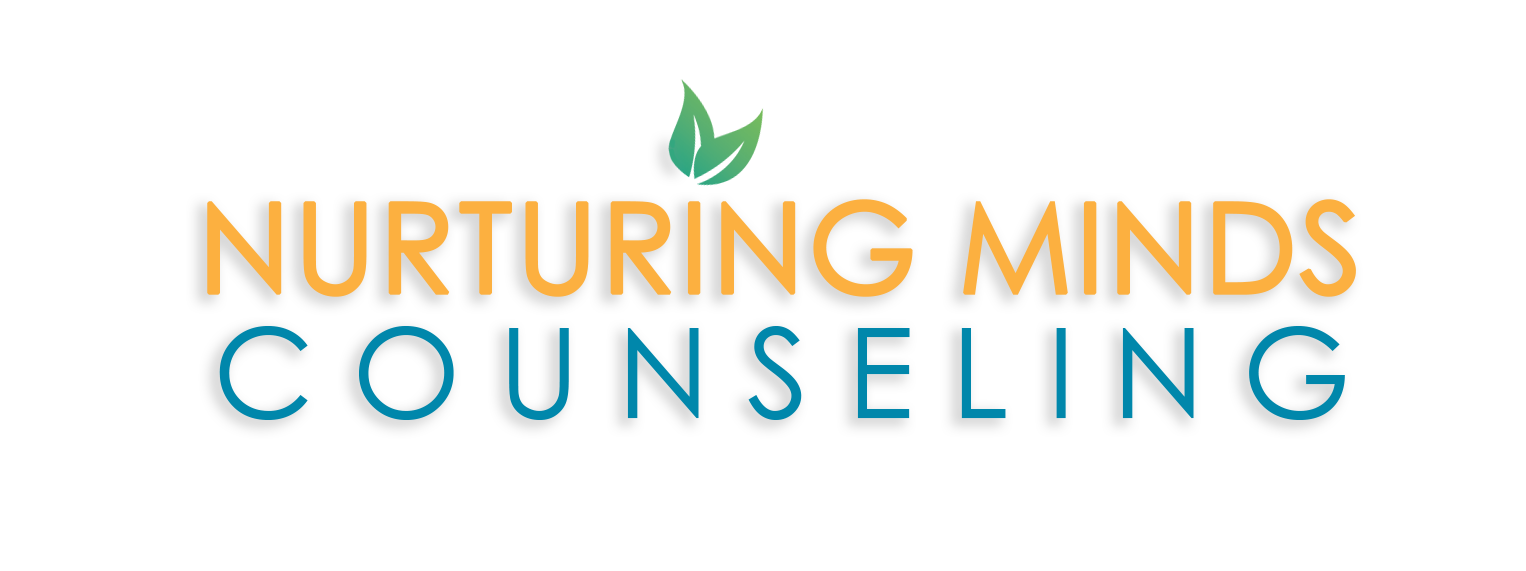I often hear clients come into sessions and focus obsessively on figuring out “WHY” they are struggling; what’s the root for all this suffering?
And yes, doing some good exploration to understand your mental health (whether you have a mental health disorder or not) can be extremely helpful. But only up to a certain point.
If the search for why becomes a way that your mind is tricking you, then it might no longer be helpful. Watch the video below to hear my thoughts on the matter. If you prefer to read, scroll down for the blog.
Watch the video here:
Read the blog here:
Hey everyone, my name is Diana Garcia I’m a Licensed Mental Health Counselor in South Florida, owner of Nurturing Minds Counseling.
Okay, so today’s blog is about why the search for why can actually backfire on you. So it’s prevalent for clients to come into therapy, and of course, they want to understand why they are feeling a certain way or why they are struggling with something. This is normal and honestly part of the work that happens in therapy. And the reality is that there can be many reasons why right? For instance:
- Whether someone has a mental health disorder or not
- Currently experiencing a life stressor
- Has a history of trauma
- Or something else happened that isn’t necessarily traumatic but that impacted them in some way, shape, or form
- Genetics
- Nutrition
- Sleep
- Stress
- Relationships in their life
- Access to social support
- Financial issues
- Physical movement or lack thereof
- Physical environment
- A recent loss (real or ambiguous)
- Life transition
- And on and on the list can go
Whatever the case is, there can be many different factors impacting someone’s mental health. But sometimes, you can get so stuck searching for the one root cause (the why) of all your pain. And the reality is, it’s your mind’s way of trying to tell you, “if you can just find the one source (the why), you can then fix it.” And when I say fix it, you can no longer feel the things you don’t want to feel or no longer struggle with the things you struggle with. In a way, it’s your mind’s way of trying to find the “solution” to the problem. The problem being all your complex thoughts, uncomfortable emotions, and any internal pain you struggle with.
And yes, sometimes it’s great to explore; I’m all about introspection, which can look like:
- Understanding your history (childhood and going forward)
- Exploring the self-narratives you have (the thoughts about yourself and your worth)
- The role that different events played in your upbringing (traumatic or not)
- Your identity formation (how you developed into the person you are)
- Relationships with key people in your life (current or past)
- Current behaviors or lifestyle choices that are not helpful
And it’s also important to recognize that exploring all of that and more doesn’t necessarily mean that you will get rid of the uncomfortable internal experiences you struggle with. Don’t let your mind trick you into believing that if you figure out the why you’re going to be able to get rid of the pain that shows up.
The goal is to try and find a balance between both. Not getting so hung up on the why solution because your mind will continue to tell you if you just find that one reason why you will no longer have to feel pain! And understanding your history and the role that different factors (both past and present) played can be highly beneficial. It can help you gain insight, create distance from these events/thoughts/feelings, and ultimately change your relationship with your story. But it doesn’t mean that you’ll be able to avoid all the raw pain that sometimes shows up. It just doesn’t work that way.
All right, I hope this tip was helpful. I’d encourage you to notice if you constantly tend to look for the why. Potentially obsessively to avoid feeling pain and see how the search can actually be backfiring on you. Alright, guys hope you have a good one!
